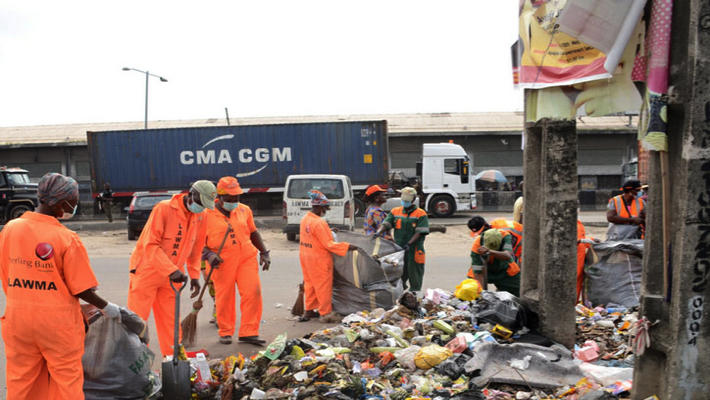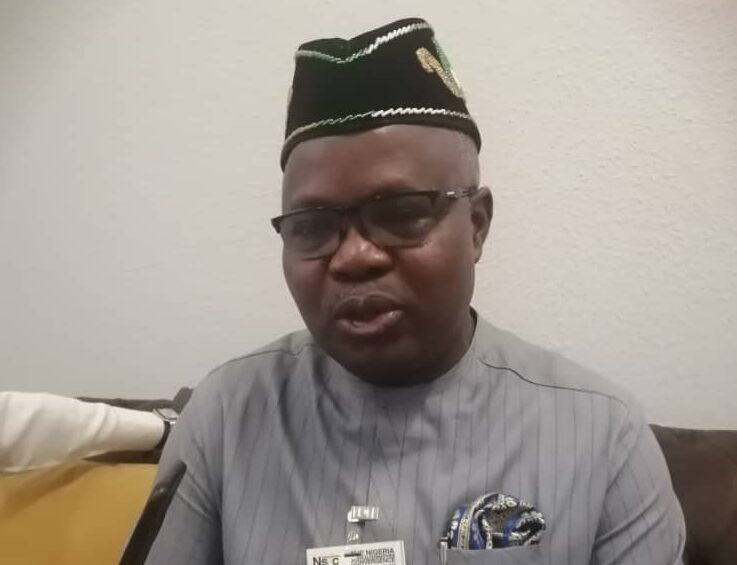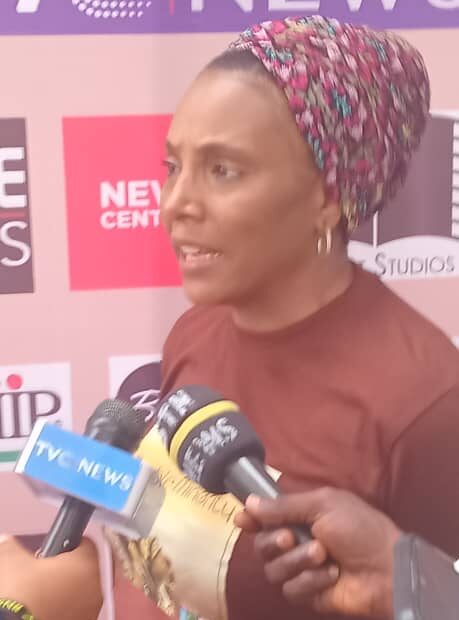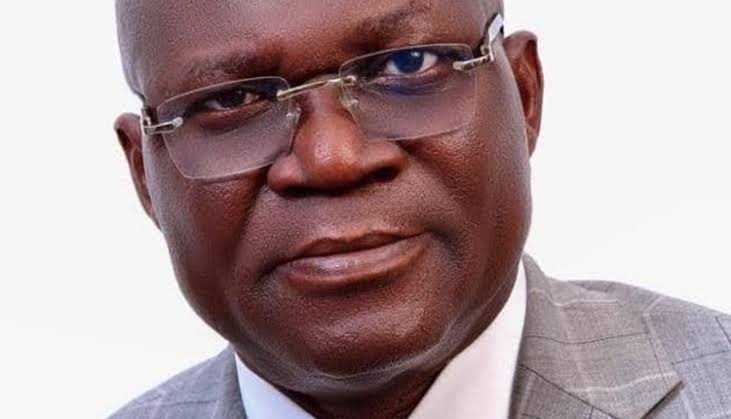By: Goodluck E. Adubazi, Abuja.
Nigeria continues to grapple with increasingly severe and recurring floods, with devastating consequences for communities across the country. According to the United Nations Development Programme (UNDP), flooding is the most frequent and destructive natural disaster in the country—one that has intensified significantly since 2012.
Thirty of Nigeria’s 36 states have been affected, displacing millions of people and causing extensive damage to homes, infrastructure, and farmlands. The 2022 floods alone displaced over 1.4 million people, killed more than 600, injured over 2,400, and destroyed 82,035 homes. An estimated 332,327 hectares of land were inundated, resulting in economic losses valued at $9.12 billion (N4.2 trillion), according to official reports.
Against this backdrop, the Nigeria Socio-Ecological Alternatives Charter (NSAC) held a high-level conference on Monday, July 14, 2025, at the Musa Yar’Adua Centre in Abuja. The event brought together stakeholders, experts, and traditional rulers from across Africa and beyond to address the increasing threat of climate-related disasters.
Call for Environmental Accountability
Speaking to Standard Times Nigeria, Dr. Emmanuel Akpanobong of the Ibibio Elders Forum in Akwa Ibom State emphasized the human factors driving many of the country’s ecological problems.
“If we see ourselves as a part of the environment, we’ll treat it with respect. But what we see instead is reckless exploitation, especially in the Niger Delta,” Dr. Akpanobong said. “Oil activities have created not just ecological problems but severe health issues. What multinationals do here would never be tolerated in their own countries.”
He lamented that environmental degradation has led to the emergence of new diseases, many of which defy diagnosis in hospitals—problems he attributed to pollution.
Dr. Akpanobong called for traditional institutions to be more involved in policy implementation, particularly in promoting environmental awareness and sustainable practices at the grassroots.
“Traditional rulers are closest to the people. They understand local dynamics and can translate policy into actionable change. From waste disposal to managing local conflicts, their role is indispensable,” he said.
He also stressed the need for collaboration with international stakeholders to mitigate the effects of upstream water releases, like those from Cameroon’s Lagdo Dam, which exacerbate flooding in Nigerian communities.
80% of Ayetoro Submerged
His Royal Highness, Oba Oluwambe Ojogbohunmi (JP), the Ogeleloyinbo of Ayetoro in Ondo State, gave a harrowing account of the impact of flooding on his coastal community. According to him, ocean surges have destroyed 80% of Ayetoro, with over 600 buildings lost to the sea.
“Out of 45 streets, only six remain. The sea now rises six feet above normal levels during peak months like April, February, and September—mostly at night, when people are asleep. We can’t even salvage our properties,” the monarch said.
The Oba criticized past government interventions, revealing that contracts worth billions of naira were awarded by the Niger Delta Development Commission (NDDC) in 2003 and 2009 for shoreline protection, yet no work was ever completed.
“In 2003, N1.5 billion was awarded to Galet Nigeria Ltd, but nothing happened. Again in 2009, N6.5 billion was allocated. Still, no project. Now our people live like refugees in their own land,” he lamented.
Ayetoro, once a thriving self-sufficient community with industries and job opportunities, has now been reduced to ruins. The monarch appealed to the Federal Government to act urgently and responsibly.
“This is the only time we’ve ever asked the government for help. We built this community ourselves. Now, we need their support more than ever.”
Pan-African Collaboration and Action
The NSAC conference was well-attended by delegates from across Africa and beyond, including representatives from Togo, Senegal, Burkina Faso, Sierra Leone, Mali, Cameroon, Mozambique, and the United States. A communiqué was issued at the end of the event, calling for continental collaboration, sustainable ecological strategies, and stronger governmental accountability.
As climate change continues to amplify the frequency and severity of natural disasters in Nigeria and across Africa, experts agree: urgent, inclusive, and sustained action is needed—before more communities are lost beneath the rising waters.













